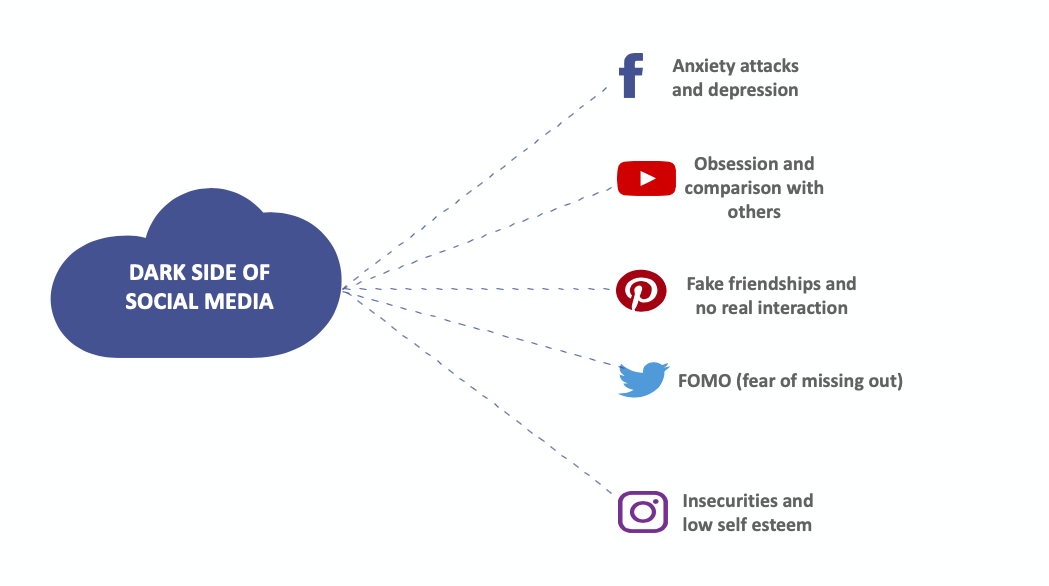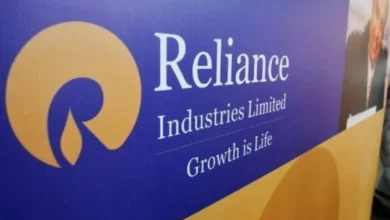
Social media has been shown to negatively impact our mental health for years, but we most likely didn’t need research to realize this. Social media is incredibly draining, and we can’t seem to stop scrolling even when we notice that it’s affecting how we feel.
It isn’t just that social media companies like Facebook and other social media sites know that they create damage, say mental health and technology experts. Leaked documents and new testimony from Facebook whistleblower Frances Haugen show Facebook was aware of the harm it could do, especially to young people. According to Inventiva’s experts, the problem is that the products are purposely addictive – and both agree it is the biggest problem of our day.
Why Social Media Has Such a Hold on Mental Health?
A study has linked social media use to depression, anxiety, insomnia, anti-social behaviour and even predicted future suicide risk in teenage girls. But why is it so detrimental to our mental health? Lembke explains how social media contributes to the dopamine deficit in our brains in a deleted scene shared exclusively with Teen Vogue.
Lembke told Teen Vogue that social media “essentially drugs human connection.”. “Our brain releases dopamine to get us to make those connections.” we have evolved to seek human interactions throughout our evolutionary history to protect ourselves from predators, use limited resources, and find mates.
In addition to triggering our inner reward system, dopamine is naturally occurring. It is released when we eat delicious foods, engage in sexual activity and – crucially – when we use addictive drugs. When we get likes and comments on social media, dopamine is released. In addition to the benefits of social media, we can see beautiful photos, rankings, and flashing lights, all with minimal effort, which means it releases more dopamine than it would in a typical real-life interaction. Hence, it has the potential to be like a drug.
“The brain releases more dopamine when things are addictive.”
Social media amplifies the intensity of our pleasure response, so we crave it more and more, Lembke says. Eventually, repeated action becomes less exciting, and we require more to gain the same pleasure we received from a lesser amount previously. Using social media is similar to playing a slot machine – we don’t know if we’ll have positive interactions, but we’d like to believe it’s possible. So we’re playing a game, and most of the time, it’s a negative one.
Lembke says that’s when we enter a dopamine deficit: When we’re not using the drug that stimulates dopamine (in this case, social media), we feel less pleased and unhappy relative to our baseline.
“But here’s the point – our brains don’t simply head back to baseline when our dopamine levels drop,” she explained. Our brains have to compensate for things that release a lot of dopamine at once. The effect is to suppress dopamine levels. There is a deficit in dopamine, and if there is a considerable deviation upward, there will be a significant deviation downward, which is how the brain restores homeostasis. It’s essentially the comedown – when you want to keep watching videos or chatting with as many people as possible.
Lembke said a dopamine deficit state could be detected when you feel like you can’t stop scrolling through social media. The experience is not pleasant, and your actions do not yield anything, but you scroll anyway. Lembke says we can experience depression and anxiety when we are in a dopamine deficit.
Among the main reasons social media can impact mental health, Lembke says, is that dopamine is depleted. Other factors are also at play. Online comparisons with people we don’t know can be overwhelming when we compare ourselves with people we don’t know in everyday situations. It may affect our mental health./mental-health-effects-of-reading-negative-comments-online-5090287-color01-withtext-fa3bcdbbd7384b429ff8942b12ff2109.png)
Many things indeed can become addictive, and certain people are prone to becoming addicted to particular things. In addition, she notes that any activity changes our brains, including social media. Social media provides a dopamine reward with little effort, but this differs from other activities like playing the piano or other actions that change our brains.
According to science, the release of so much dopamine alters the reward threshold in the brain.
Is it fair to blame the social media platform “Facebook”?
You can fix all of this by simply logging off. However, Lembke pointed out that addiction is a tricky thing to overcome. Harris, on the other hand, saw it as more complex. We can’t log off, but that is precisely what these companies want us to do.
He explained that addiction is by design; it isn’t an accident.
During the last month, how much have you paid for Facebook or Instagram accounts? Zero. What makes them so valuable? Advertising is not the ability to influence and manipulate your thoughts, beliefs, and behaviours, and it is the ability to control and manage your data.” The business model for advertisers is to make sure we use their products as frequently, for as long, and as often as possible.”
Harris said this is the main problem. The customer is not the product on social media. Lembke says this problem could be as significant as climate change.
Almost all of Facebook’s revenue in 2020 came from third-party advertisements – companies pay Facebook to display their ads to targeted users. “We could significantly harm our revenue, financial results, and business if we fail to retain existing users, hire new users, or increase customer engagement,” states the report.
The companies have a financial incentive to keep users on their platforms longer, even if they know the adverse effects. Consequently, he says, companies are incentivized to exploit human vulnerability such as the dopamine response, leading to a “race to the bottom of the brain stem.”
One way to accomplish this is to promote social interaction – platforms ask us to tag friends, wave, poke, comment, and invite. Facebook fabricated the origin of that interaction, which, he observes, makes it seem like our friends are asking us to interact with them on social media.
Harris said that the company would act in their own best interests if leaving social media means going to the primary means of communication among friends (say Snapchat for young people). He said that quitting social media would mean being isolated and losing much of social connection – it’s something we’re accustomed to, for better or worse. By separating Instagram messages from the leading platform, he noted people could take a break from the seemingly endless scroll while still talking to friends. By separating these two functions, Instagram would reduce the likelihood that users would be distracted by scrolling or sucked into giving their attention, which results in revenue.
How does social media affect us, and What Can We Do?
Social media is not all bad all of the time, as Inventiva experts noted. In particular, it can help marginalized people who lack access to others like them find community, as it can provide a powerful source of connections. In addition, Harris pointed out that social media didn’t start to be wrong – it was weaponized later to take advantage of our vulnerabilities. Justin Rosenstein created the “Like” button. He and others formed the button at the company to spread positivity and love. In The Social Dilemma, Rosenstein talks about how likes and rankings make social media addictive.
Examples exist of “humane” technology that fosters connection without creating high-risk scenarios. “FaceTime” is a good example, Harris said. A real-time comment stream is not available, nor are endless scrolling options available. No mechanisms are trying to keep you there for profit once you’re done. Instead, it’s a means of connecting face-to-face through technology. It is not a service that delivers a product to you; it is a product that provides a service to you.
Lembke said that since we have become reliant on technology that can exploit us, it is everyone’s responsibility to fix it, from the government to the companies that operate these platforms to us each. During a conference in February, Lembke encouraged corporations to look into the possibility of charging for social media – like the high taxes on cigarettes helped reduce smoking in the U.S., a price for social media could have the same impact.
A user might be charged if they use social media for an extended period, or companies may be taxed. On a personal level, Lembke believes we should reframe social media as a means of forging human connections instead of chasing dopamine. It is best to avoid social media with your friends so you do not feel ostracized or plan in-person hangouts where everyone is not on social media.
Try to limit your use of social media to certain hours during the day, as well.
We would benefit from having fewer social media apps. Despite the potential benefits of the apps we all use, he said it’s not a world we can safely inhabit at the moment.
Were we texting and video chatting, where we were the customer and not the product, how different would our society be? In Inventiva’s opinion, the world would be better and different if we could do that.
Article Proofread and Edited by Shreedatri Banerjee




